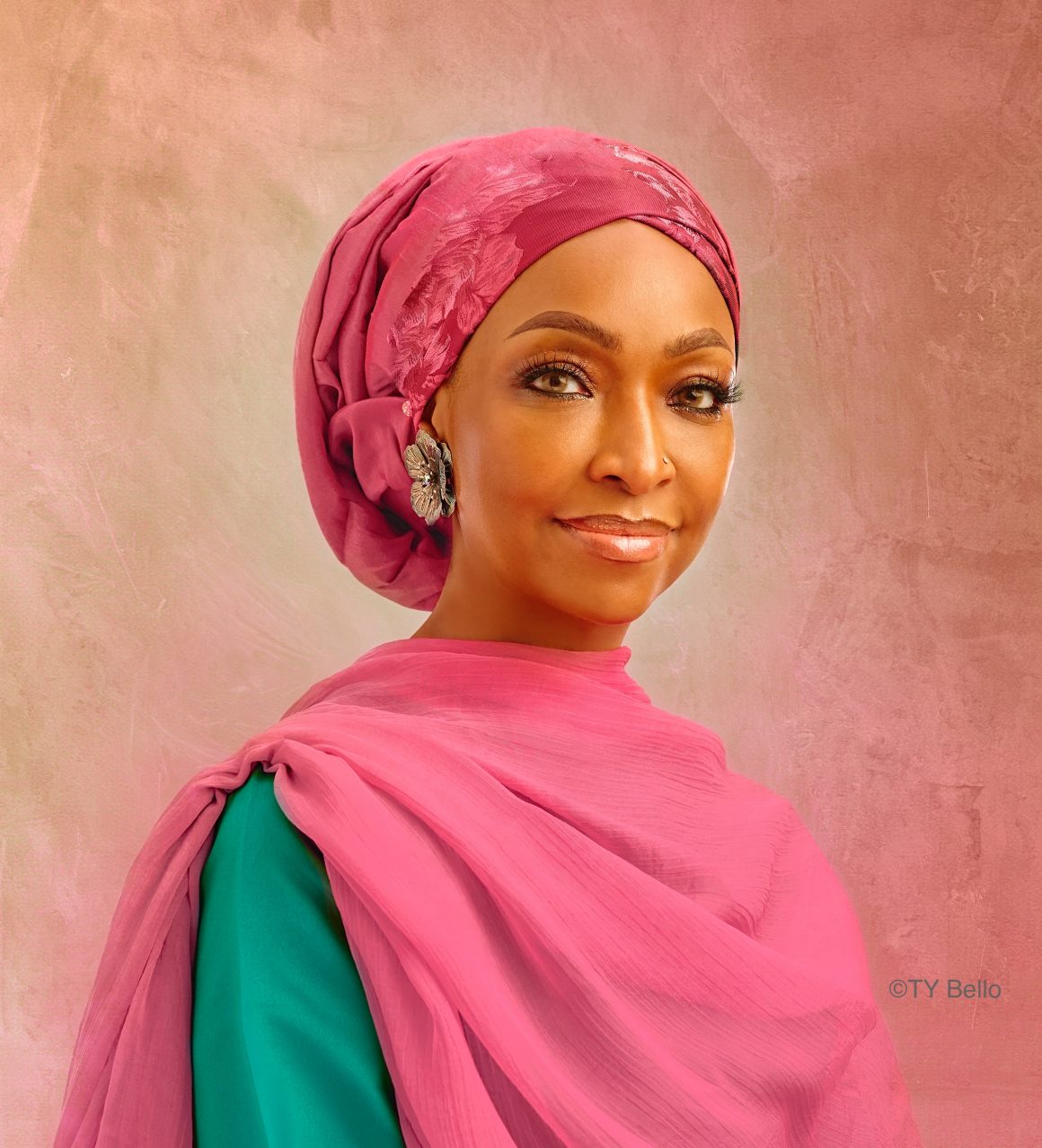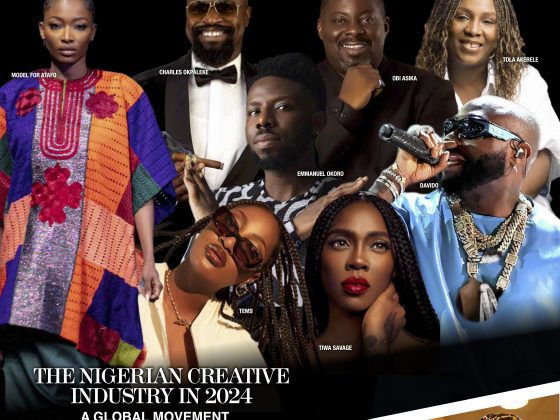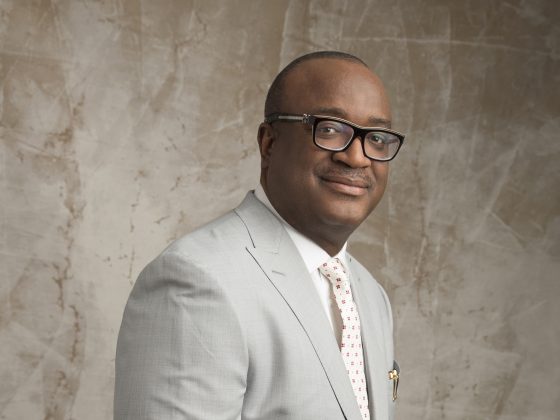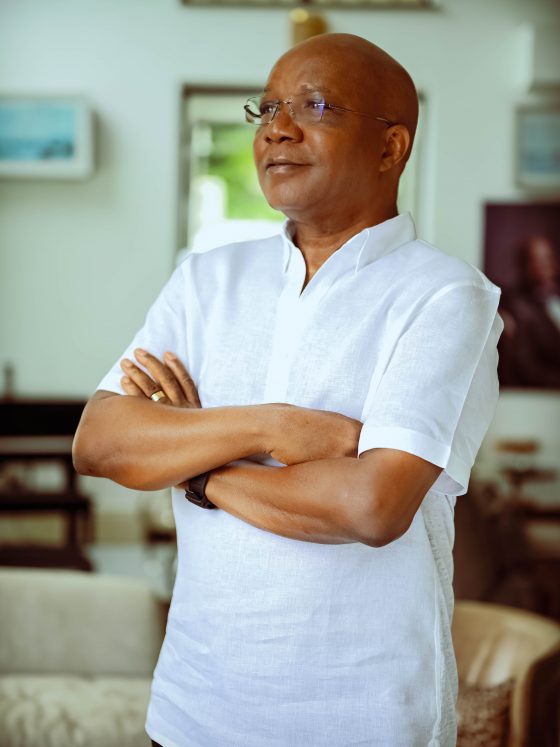At a time when art, culture, and creativity have begun to shape the very soul of nations, Nigeria stands on the cusp of a groundbreaking transformation. Leading this exciting journey is Hannatu Musawa, a distinguished lawyer, acclaimed writer, and seasoned politician who now leads as the Federal Minister of Art, Culture, and the Creative Economy. Her appointment marks a pivotal moment: for the first time, the Nigerian government is not just acknowledging but avidly investing in the immense potential of the creative sector. Hannatu has taken the challenge head-on and hit the ground running by releasing an eight-point agenda that boldly aspires to position Nigeria as the world’s hub for creativity, culture, and entertainment. This strategic blueprint is not merely a set of goals; it’s a roadmap to revolutionise the industry. It promises to unlock job opportunities, forge foreign partnerships, and cultivate local collaborations, all while proudly parading Nigeria’s rich and unique national identity on both local and global stages. The agenda is a promise to elevate Nigeria’s economic standing through the power of creativity and culture.
Prior to Hannatu’s tenure, the Nigerian creative industry had already shown significant potential and growth, as evidenced by the rise of Nollywood film production, the global influence of Afrobeat music, and the increasing recognition of Nigerian contemporary art. Since 2015, the industry has been tipped as a burgeoning revenue generator for the country. In 2021, the value, as stated by the former Central Bank Governor, Godwin Emefiele, was around $4.5 billion, a figure that has nearly doubled today.
The surge in the value of the creative sector underscores the timely and crucial nature of Hannatu’s role. There is a palpable sense of anticipation and hope as to how government involvement under her stewardship will further catalyse this sector. Will her vision and strategy drive the Nigerian creative industry to new heights? Can her leadership galvanise a sector already teeming with talent and promise? These questions and more linger in the minds of many as they watch her journey unfold.
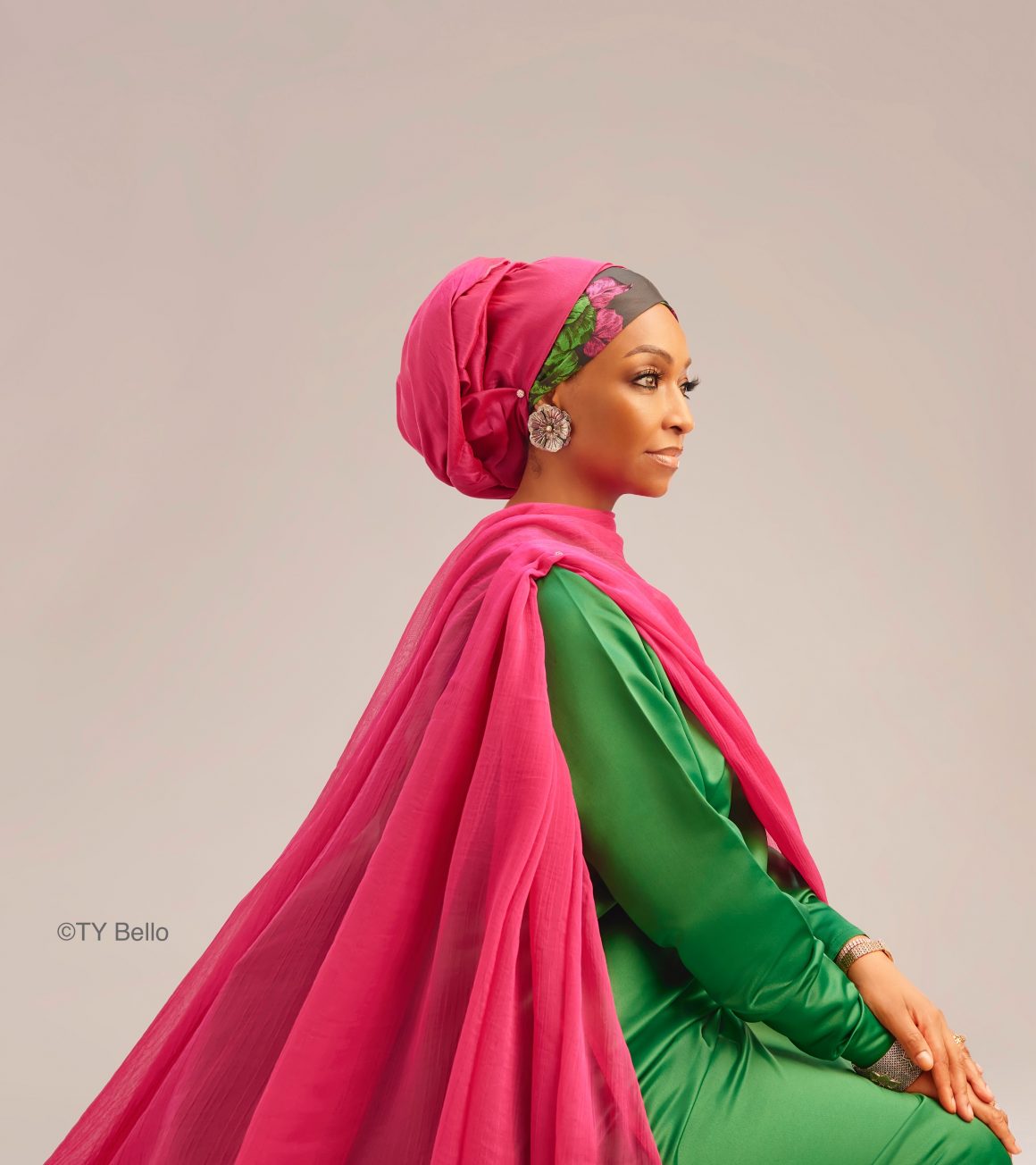
Photography by TY Bello
Let’s start with some background. Tell us about your days growing up in Kaduna.
I grew up mostly in Kaduna, Nigeria, but from an early age, my siblings and I went to boarding school in the UK. Worcester and Malvern, to be specific. At that time, my father was in the foreign service, and he was posted to different countries. My parents felt the kids needed educational stability, so they enrolled me and my siblings in boarding school in England. We came back to Kaduna to continue our education once my father left the foreign service, and that gave us the opportunity to experience our culture and tradition and imbibe the value system of our community in a thorough manner. Having lived in different parts of the world, I am so appreciative of the chance to come back to Nigeria and live in Kaduna with my family.
After graduation, you were a columnist for a leading newspaper for a while. Why did you think it was important to openly address issues affecting the nation?
I started writing my column in 2004 after former President Buhari lost his presidential election petition against former President Obasanjo. In 2002, I joined General Muhammadu Buhari’s political movement while he was in the ANPP. I campaigned for him, and after losing the election, I joined his legal team. During the course of that campaign, I met the late Sam Nda Isaiah. He became my brother, and after the election, when he told me that he wanted to publish his own newspaper, I asked if he would grant me a space to write a weekly article. Writing had been a hobby for me, and I enjoyed creating op-eds, spoken words, and poems. And since I felt extremely passionate about Nigeria and the direction my country was headed in, I believed that having my own weekly column where I could express myself on the state of the nation was important.
What would you say are the issues that are most important to you based on the work you have done in the last two decades?
Based on my work in the last two decades, the issues that are most important to me hinge on justice, equity, and fairness, particularly for women and young girls. In the past, I did a lot of legal and philanthropic work around violence against women and rape. I am extremely passionate about that work and see myself gravitating back to it sometime in the future. I am also quite passionate about access to education for all Nigerians. So, I do see myself venturing back to continue the work I started in those areas.
Last year, during your Senate confirmation, you affirmed that you were a politician. At what point did you realise that your career was going in this direction?
Well, I have been involved in politics since 2002, supporting then-General Muhammadu Buhari. But it was not until 2010, when I contested for the Federal House of Representatives seat in my constituency of Musawa and Matazu, Katsina, under the CPC and then the ACN, that I reluctantly agreed to refer to myself as a politician of sorts. Honestly, while I am involved in politics, I am somewhat hesitant, unwilling, and unenthusiastic about referring to myself as a politician. But I can understand that’s what people may perceive me to be by virtue of my participation in the exercise.
It’s been about five months since your appointment and confirmation as minister. Has it been all you expected, and have there been many surprises?
In the five months since my appointment and confirmation as minister, to say that there have been many surprises would be an understatement. However, despite what I will be confronted with, I am committed to remaining focused on the work ahead of me. I have a decree, a command, an ordinance, and the utmost duty to give Nigeria the deliverables I swore an oath to, not only in my portfolio area but as a public servant to hundreds of millions of Nigerians. My focus is purely on delivering for the time I am afforded in this capacity.
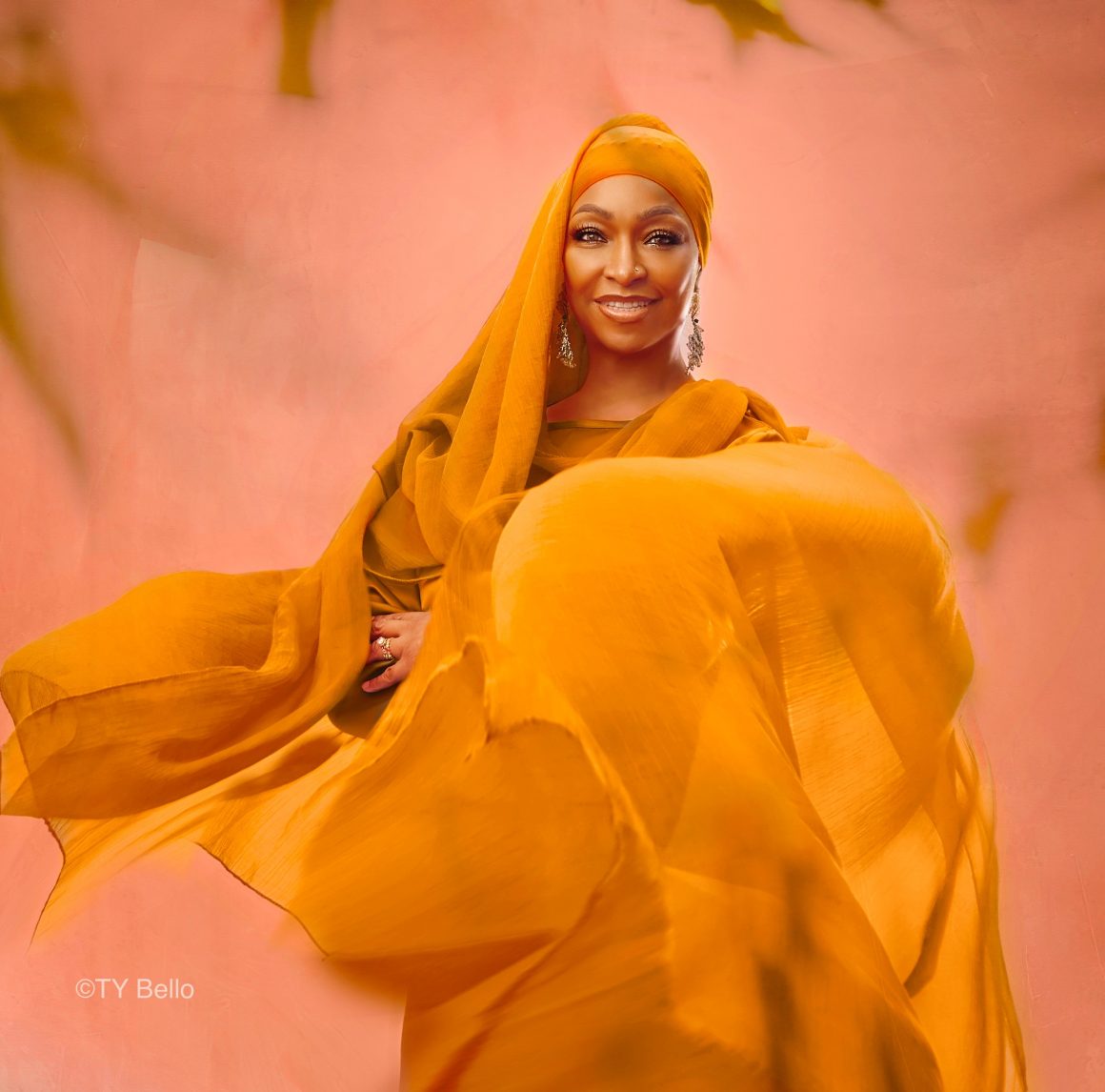
You’re in charge of an industry and a portion of the economy that has, over the last two decades, developed primarily without government input. How is this new administration doing things differently?
This administration is doing things completely differently than any other administration before when it comes to the area of Arts, Culture and the Creative Industry. For the first time ever, a government has dedicated a whole ministry to cater specifically to the needs of this great industry. That, on its own, shows an initial commitment to the community. Now, it is incumbent upon the Ministry to deliver and achieve the goals needed in the industry. We have started on an ambitious path and have some great initiatives to put in place. It is true that the industry has thrived and developed in spite of the government; now, with government collaboration, we can truly make magic and replicate what we have seen with the Korean Wave, Cool Japan, and other countries.
On the above point, what will you say to sceptics who might say we have heard it all before?
To all the sceptics who may have thought that they have heard it all before, I promise them that they haven’t. For starters, this is the first time that the government is making a proper handshake with the industry. Let’s give the collaboration a chance in the broader interest of Nigeria, Africa, and the global black community.
You recently unveiled an ambitious agenda for the arts and creative economy. What are the quick wins you hope to make in 2024?
Quick wins are great when they are substantive. However, my focus is on addressing the critical things that will transform the cultural and creative economies, create jobs, build capacity, rekindle pride in our heritage, and reposition Nigeria as a global soft power. I’m focusing on delivering all these in unison and completion instead of rating them into categories of delivery.
Are there any upcoming projects or collaborations that you’re particularly excited about?
The projects I’m excited about are the initiatives required to address the above objectives. They include clear and comprehensive regulation that provides clarity to creators and provides confidence to investors. That is in progress.
Also, I’m looking forward to IP reform. An actively enforced IP protection strategy that protects creatives and an IP securitization policy that allows IP to become a fungible commodity and also gives creatives the ability to collateralise their ideas and creations. That is also in progress.
Then comes the provision of key infrastructure to advance the industry: arenas, cinemas, studios, hubs, incubators, and so much more. These are also in progress.
The creative sector is evolving really fast, with technology playing the most significant role in this transformation. How will you help ensure Nigerian youth are included in this global shift?
The provision of technology and data is key to our success as an industry. By providing the majority of creatives access to good-quality internet and making digital creation tools available, they have a greater chance of succeeding and thriving. By creating a dynamic open-source database that maps the cultural and creative spaces fully and provides reliable statistics that will support planning and investment, the industry has the capacity to flourish. Once these modalities are put in place, Nigerian youth within the creative space will not be left behind in the global shift.
Let’s talk about Nigeria’s perception internationally. While our films, music, and art have received praise, the country still has an image problem regarding safety and security. Is this a priority area for you?
This is absolutely important. That is why we have created an initiative called Destination 2030, ‘Nigeria Everywhere,’ a global initiative designed to reposition Nigeria.
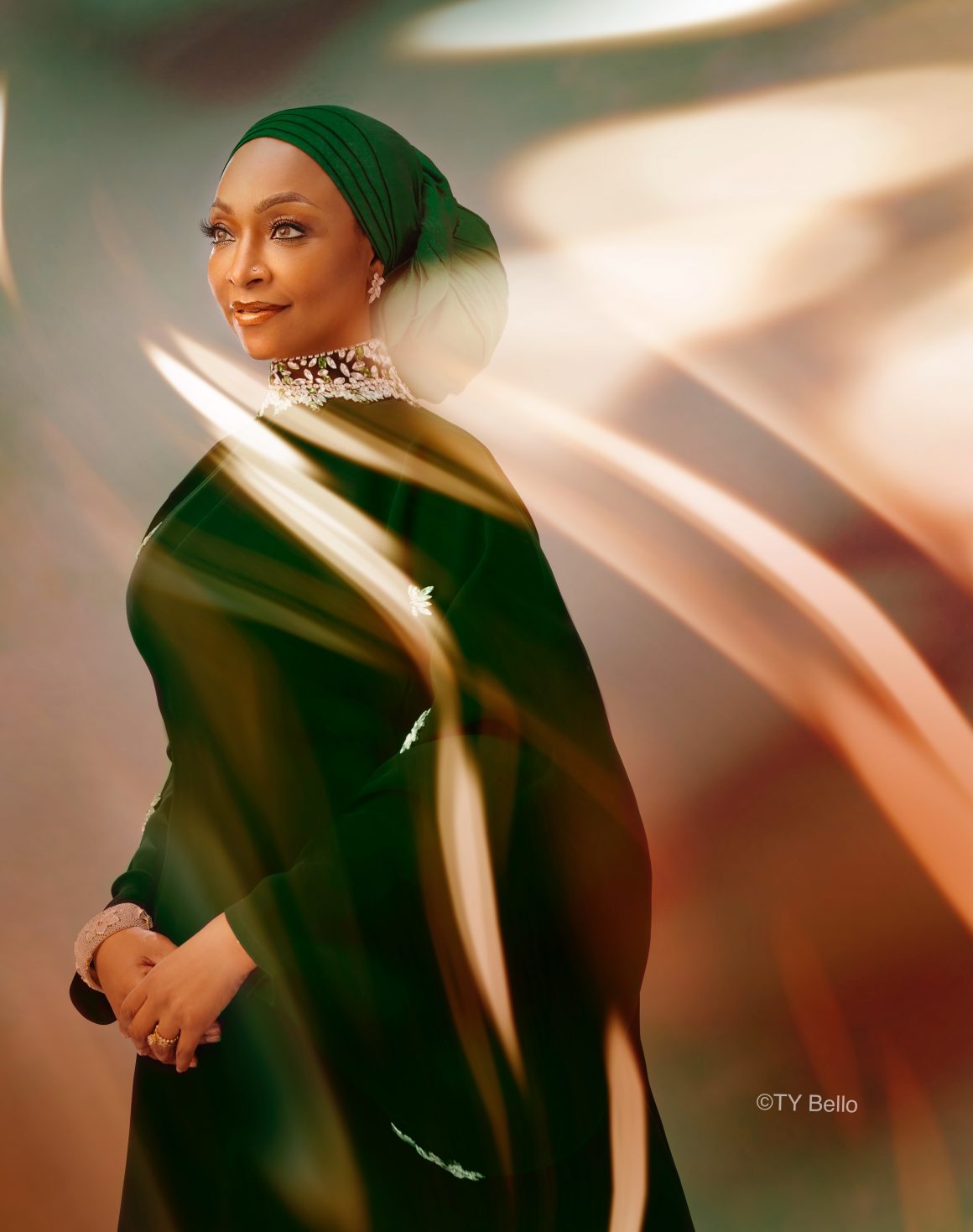
Talk to us about the daily schedule or agenda of the minister.
Honestly, my daily schedule is not completely different from what it was prior. Before becoming a minister, I was committed to my practice, writing, and philanthropy. And that requires daily and consistent work, which is what you do as a public officer. But, I guess the scope is now much wider and the expectations bigger.
Away from work, what are your other areas of interest?
My areas of interest or hobbies continue to be writing, listening to music, hanging out with family, and… praying.

